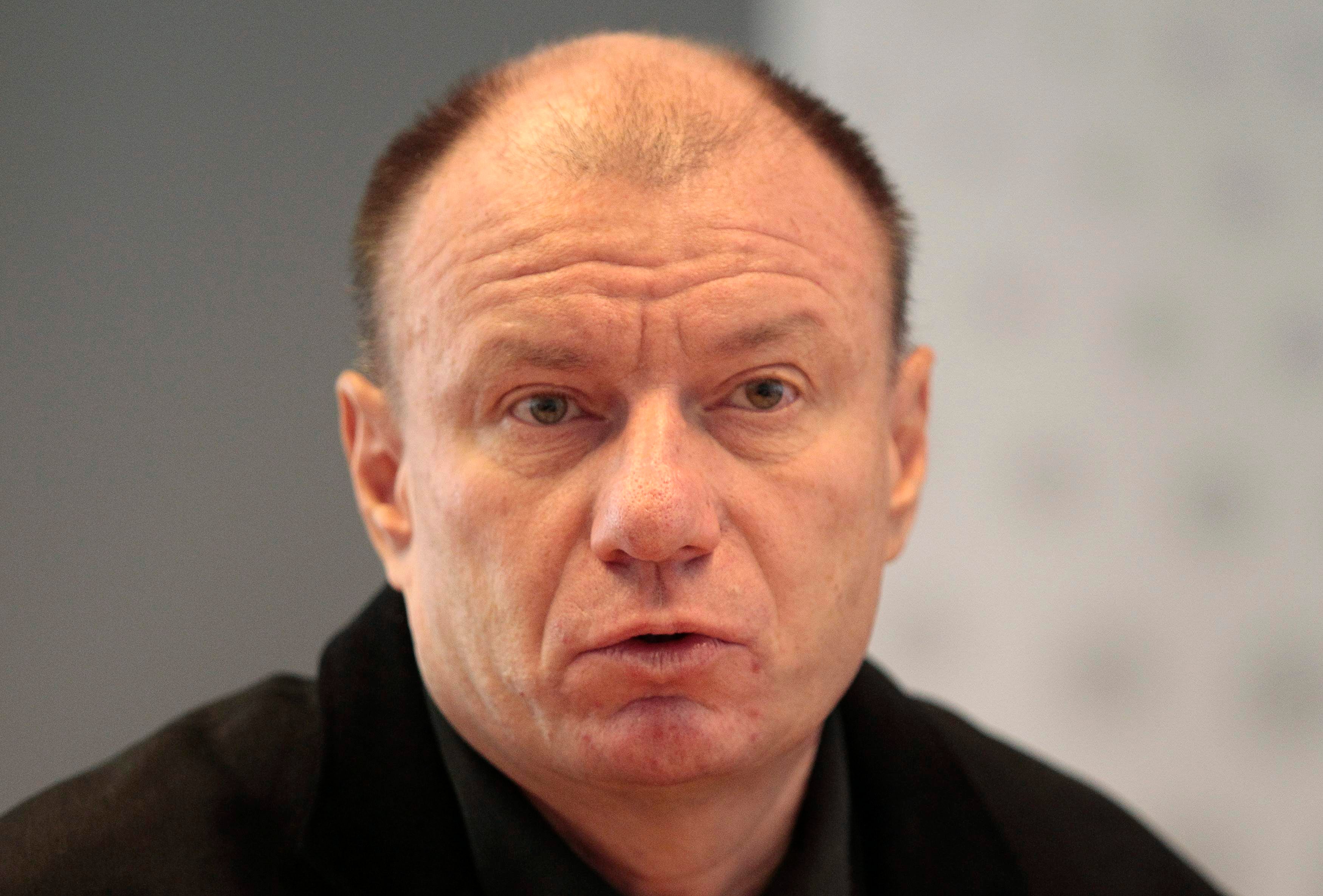Russian businessman faces £5bn divorce battle after UK court ruling
Natalia Potanina’s case was dismissed as an example of ‘divorce tourism’ before being brought to the Court of Appeals

Your support helps us to tell the story
From reproductive rights to climate change to Big Tech, The Independent is on the ground when the story is developing. Whether it's investigating the financials of Elon Musk's pro-Trump PAC or producing our latest documentary, 'The A Word', which shines a light on the American women fighting for reproductive rights, we know how important it is to parse out the facts from the messaging.
At such a critical moment in US history, we need reporters on the ground. Your donation allows us to keep sending journalists to speak to both sides of the story.
The Independent is trusted by Americans across the entire political spectrum. And unlike many other quality news outlets, we choose not to lock Americans out of our reporting and analysis with paywalls. We believe quality journalism should be available to everyone, paid for by those who can afford it.
Your support makes all the difference.One of Russia’s richest men faces multibillion-pound divorce proceedings in London after the Court of Appeals ruled that his ex-wife can bring a claim against him in England.
Natalia Potanina is seeking around £5bn from Vladimir Potanin in what could be the highest-value divorce case ever heard in an English court.
Ms Potanina was denied the opportunity to bring a case against her ex-husband in November 2019, with the High Court ruling that her claim was an example of “divorce tourism”.
But the Court of Appeals has overturned that decision, paving the way for Ms Potanina’s case to be brought to trial in the UK.
A Russian court previously awarded Ms Potanina around £30 million during divorce proceedings, but she says that she was victim of a “grave injustice” and is entitled to billions. Ms Potanina has previously alleged that her ex-husband’s “wealth, power and influence” in Russia has meant that she hasn’t received a fair share of his wealth.
Her lawyers say that her attempts to acquire the money she believes she is owed have been fruitless because Russian courts do not consider assets owned through trusts or other “corporate vehicles” when splitting wealth in divorce proceedings.
Mr Potanin is worth $30bn (£21bn) according to Forbes, making him the fifty-fifth richest person in the world and the second richest Russian. The businessman is the president of Norilsk Nickel, the world’s largest producer of high-grade nickel, and he owns stakes in numerous other companies.
He married Natalia Potanina in Russia in 1983, where the pair lived throughout their married life with their three children. Ms Potanina has since moved to London.
Their account of their separation differs, with Ms Potanina claiming that it came in 2013 as a “bolt out of the blue” and Mr Potanin claiming that they separated in 2007 but didn’t initially undertake divorce proceedings “to protect their youngest child from the distress”.
The Russian court that awarded Ms Potanina £30m accepted her ex-husband’s version of events.
Lady Justice King, who ruled that Ms Potanina may bring her trial to court in England, told the Court of Appeals that this sum had made the businessman’s wife “a rich woman” but that it would not meet the “long-term needs” of her lifestyle.
Sitting with Lords Justice David Richards and Moyland, Lady Justice King said: “The wife’s settlement represented only a tiny proportion of the vast wealth of this family, all of which had been accumulated during this very long marriage.
“Further, given that at the date of the set aside hearing she was still only 58 years old, arguably the sum she received would nowhere near meet her long-term needs when considered by reference to the lifestyle to which she had long been accustomed.”
She added that the High Court had wrongly overturned a previous decision allowing Ms Potanina to bring her case to England, and that the fact the appeal had been granted should not be taken as a judgment on the “merits or otherwise” of that case.
Join our commenting forum
Join thought-provoking conversations, follow other Independent readers and see their replies
Comments